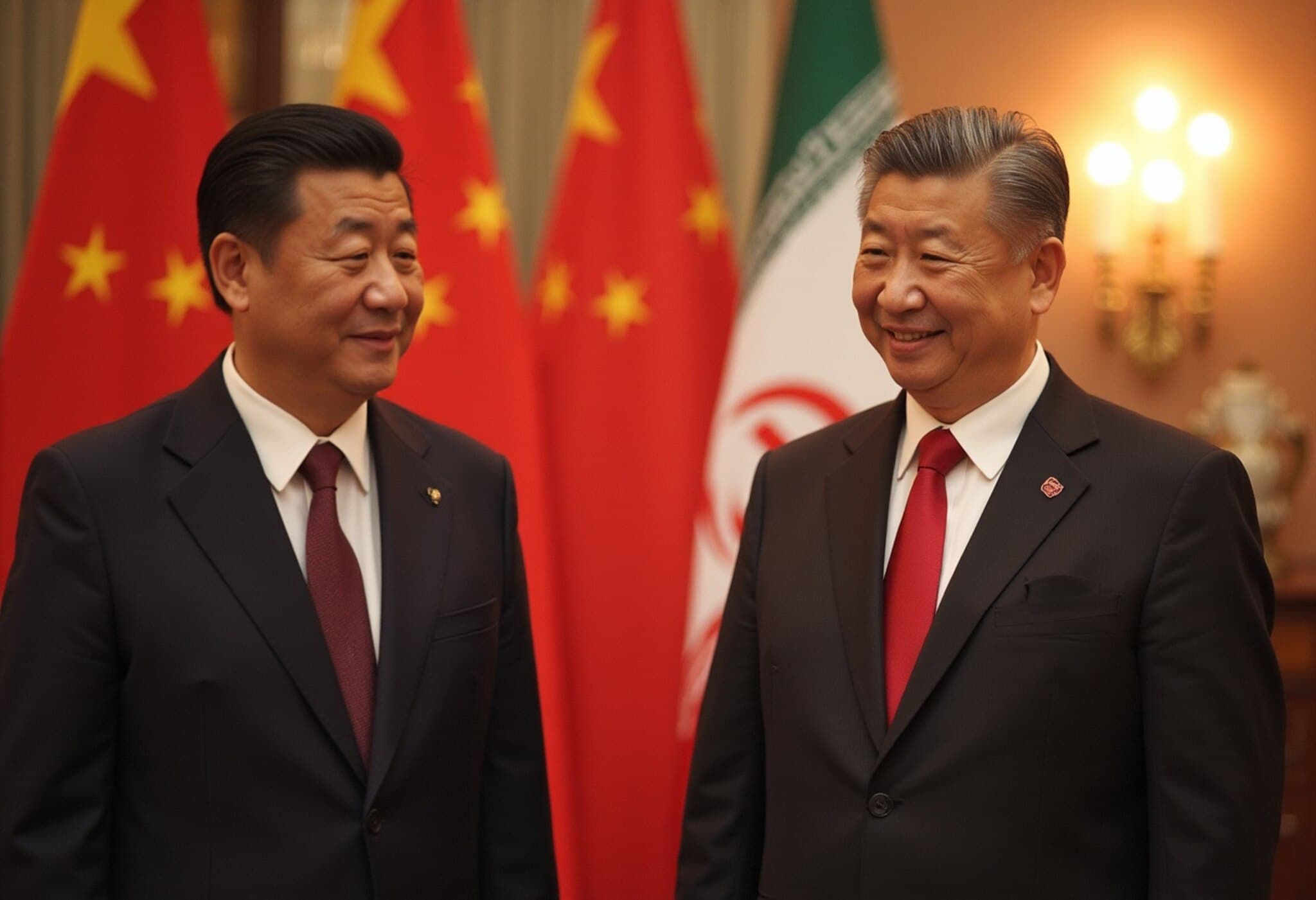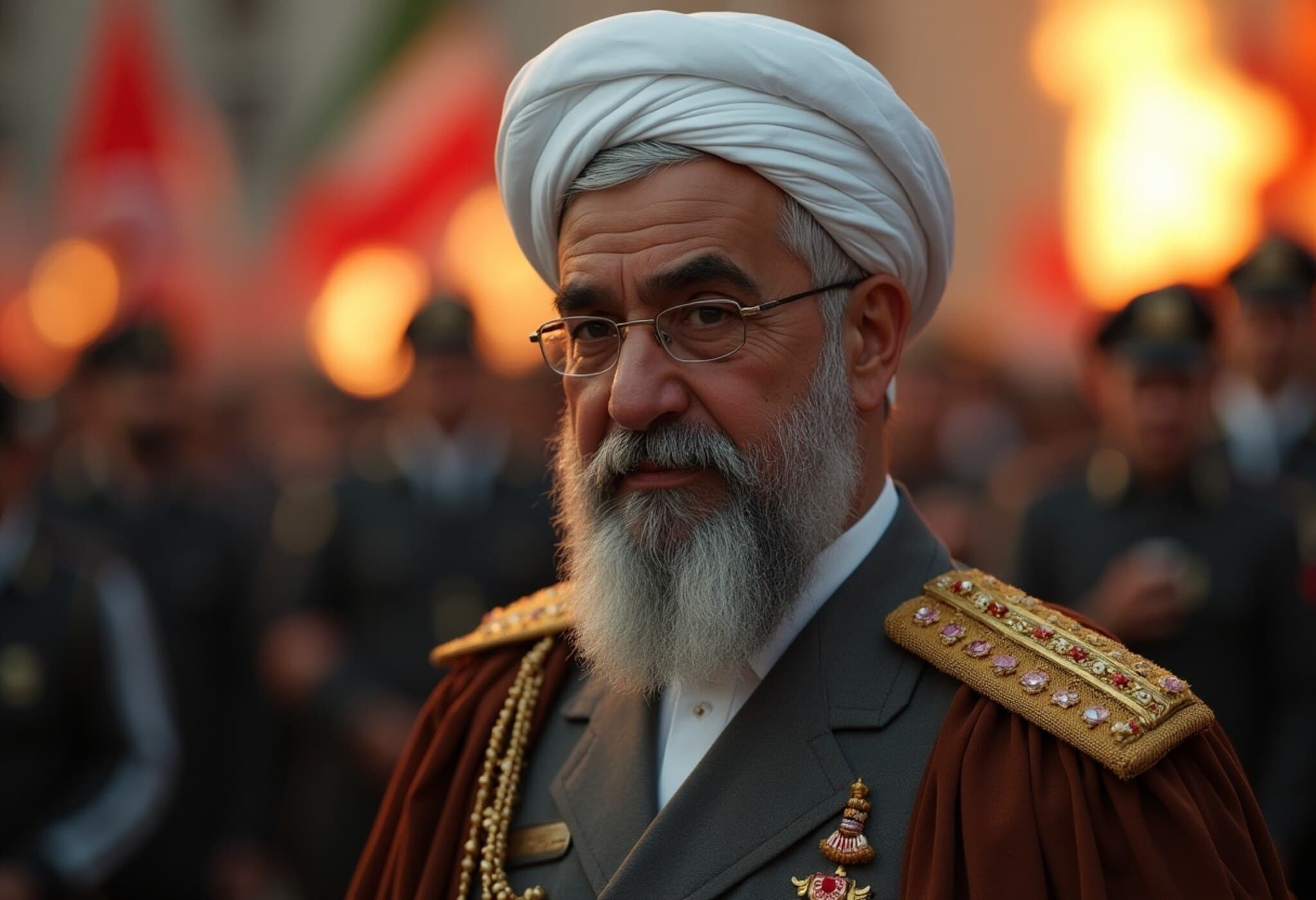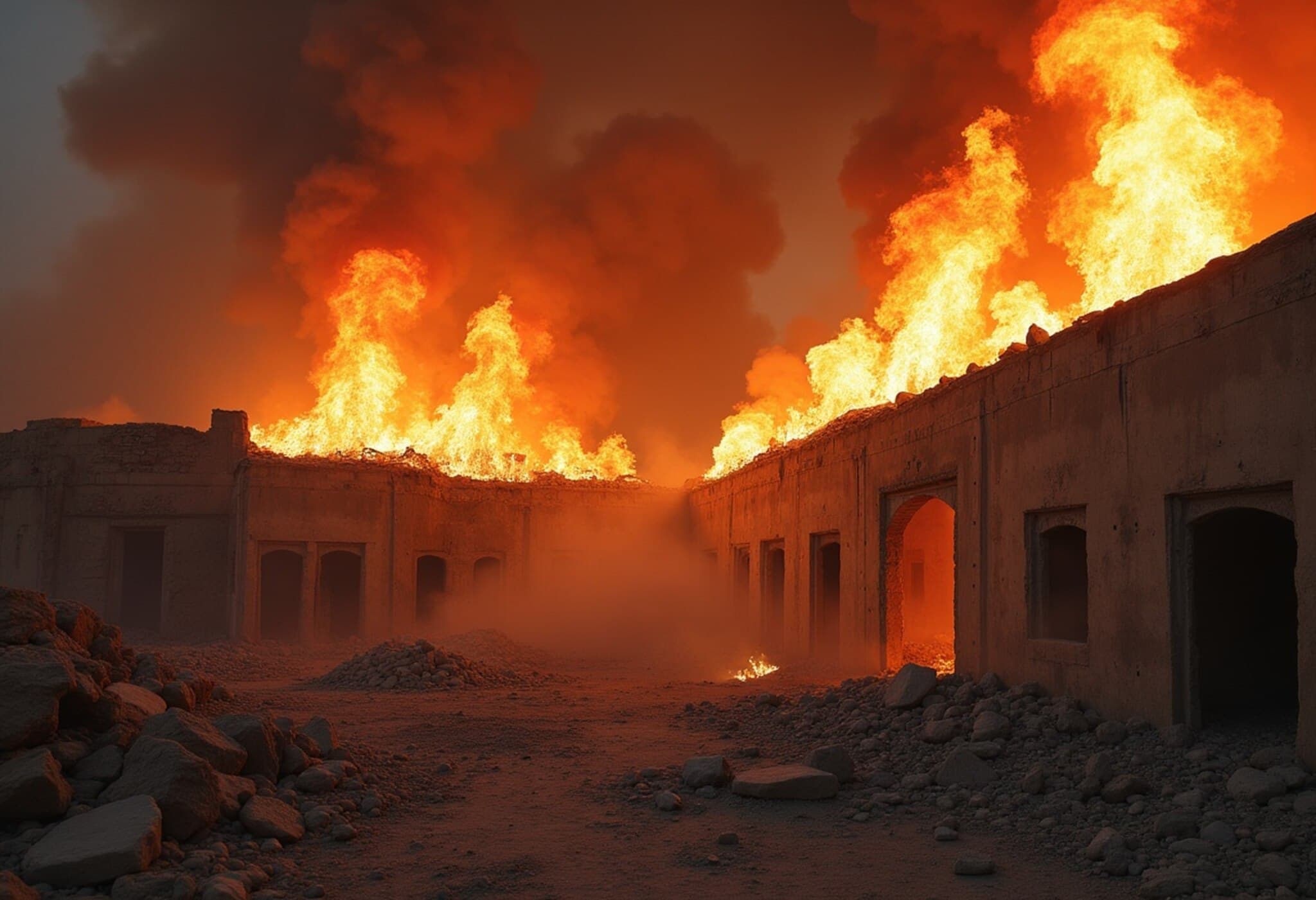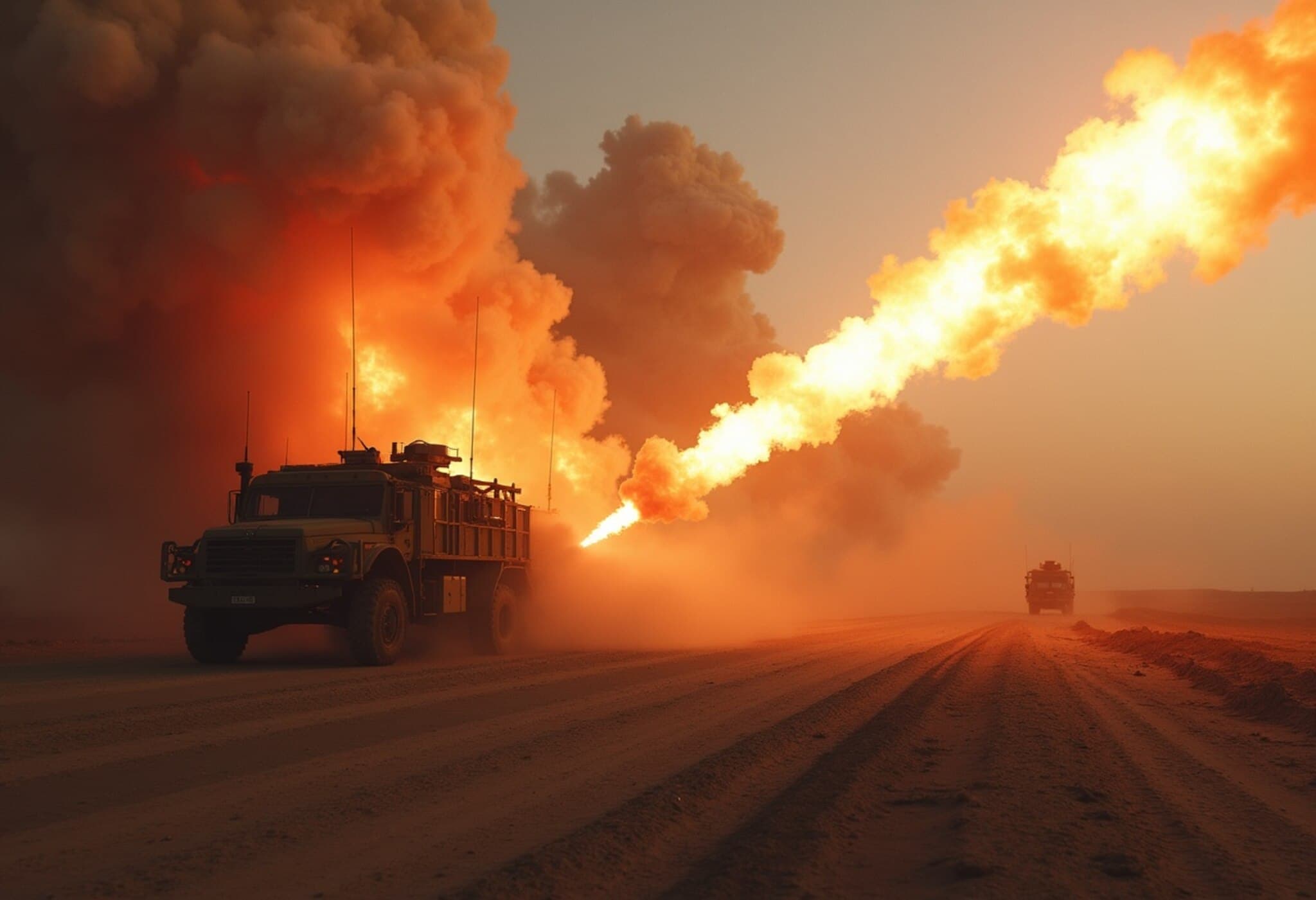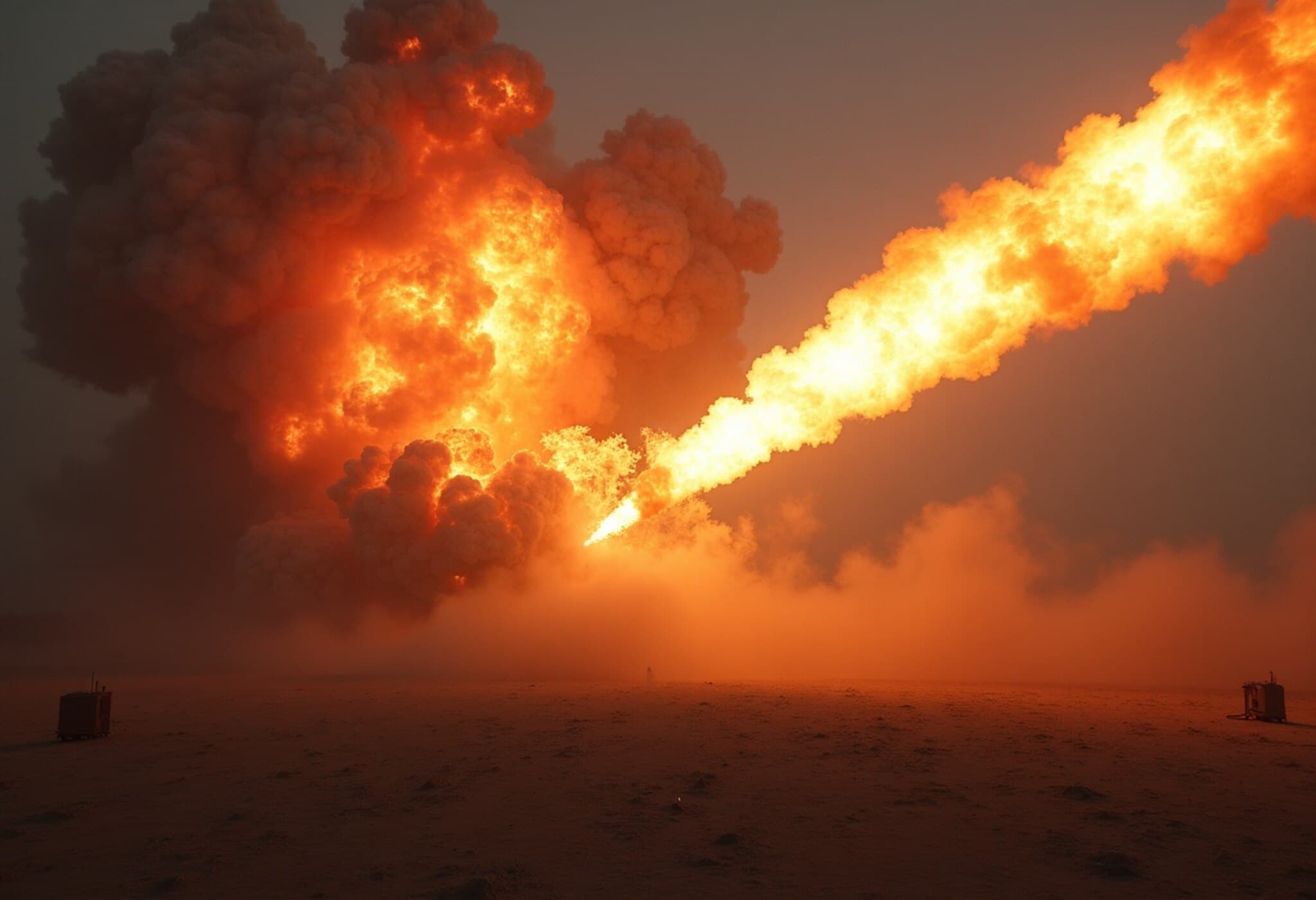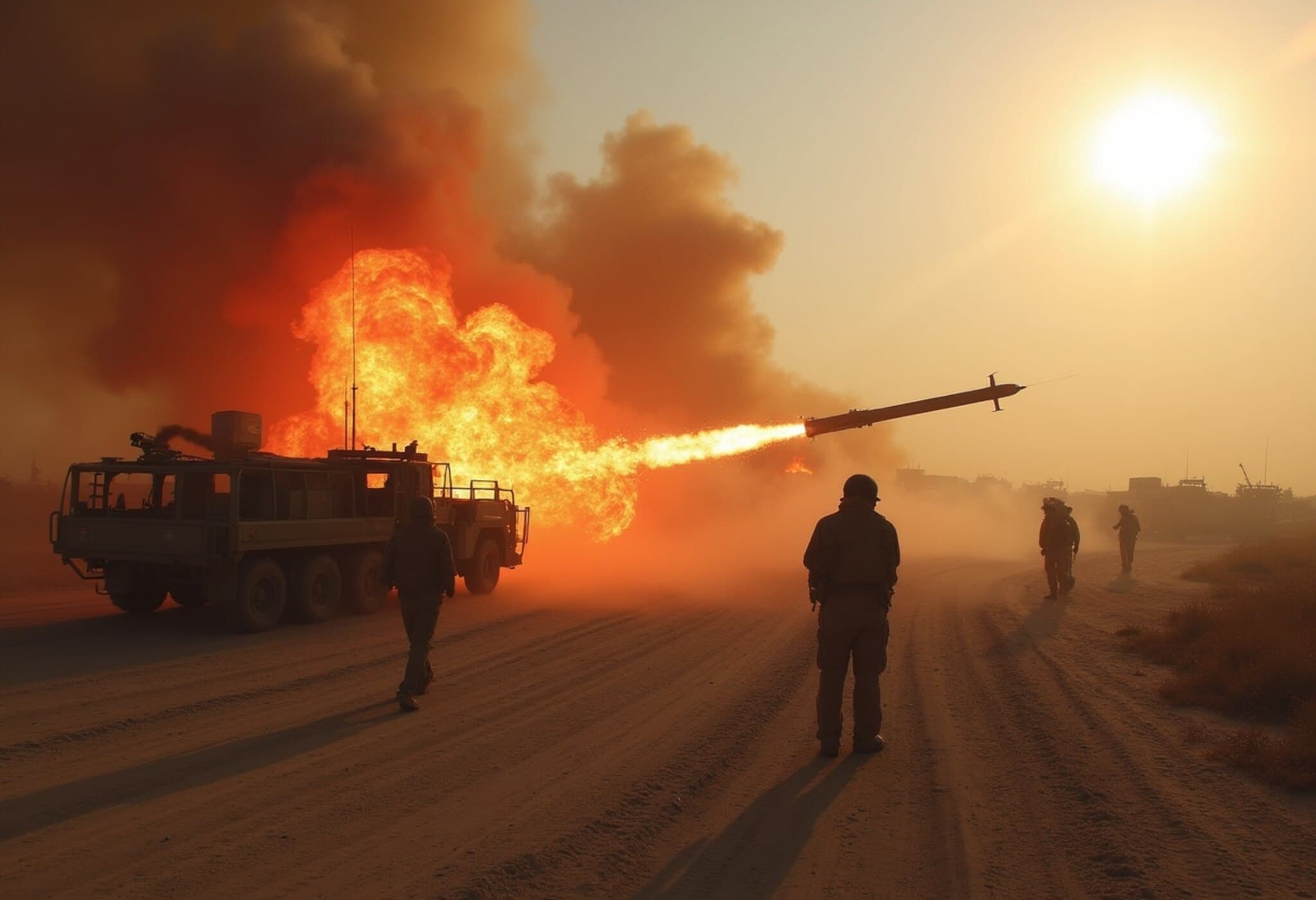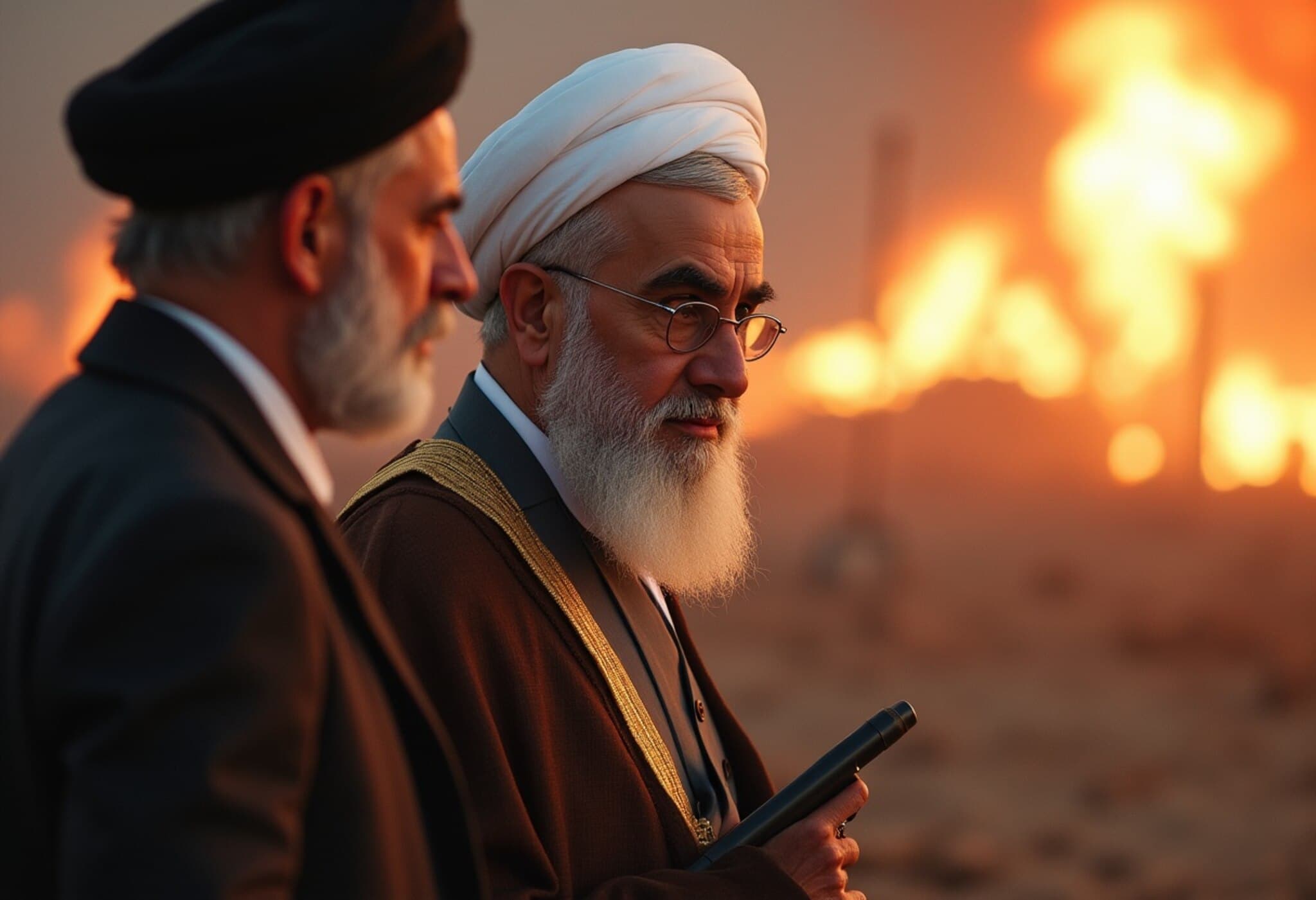Iran Targets Israel’s Scientific Stronghold in Retaliation
In a stark escalation of tensions between Iran and Israel, Iran launched a missile strike on the renowned Weizmann Institute of Science in Rehovot, Israel. This assault comes days after targeted Israeli operations eliminated several key Iranian nuclear scientists, signaling a dangerous new chapter where scientific communities become direct targets.
Devastating Impact on Israel’s Premier Research Hub
The early Sunday missile attack heavily damaged multiple buildings on the Weizmann Institute’s campus, including research labs dedicated to life sciences and a chemistry facility still under construction. Although no casualties were reported, the physical destruction obliterated years of scientific progress, destroying advanced equipment, genetically modified organisms, and vital research data.
Professor Oren Schuldiner, a neuroscientist whose laboratory had thrived for 16 years at the institute, expressed deep anguish: “It’s a moral victory for Iran. They managed to harm the crown jewel of science in Israel.” He added, “This isn’t just an attack on a building, it’s an attack on knowledge, our future, and our ability to contribute globally.”
A Symbolic Message Amid Rising Hostilities
The strike follows a series of covert Israeli airstrikes targeting Iranian nuclear facilities, including the headquarters of Iran’s elite research organisation responsible for nuclear weapons development. Those earlier operations reportedly killed several Iranian nuclear scientists and military figures.
By hitting the Weizmann Institute—a global leader in scientific innovation with close ties to Israel’s defense sector—Iran is sending a chilling signal: Israeli scientists are no longer shielded from retaliatory attacks.
Dr. Yoel Guzansky, a national security analyst, noted, “The Weizmann Institute embodies Israeli scientific excellence. Iran’s message is clear: you targeted our scientists, now we are targeting yours.”
Long-Lasting Consequences for Science and Security
The damage extends beyond physical buildings, impacting crucial scientific research in neuroscience, tissue regeneration, and more. With shattered glass, scorched walls, and collapsed ceilings, the scene paints a grim picture of lost innovation and shattered morale. Rebuilding efforts are expected to take years.
The Weizmann Institute, established in 1934, has produced Nobel laureates and pioneers whose work intersects advanced science and national defense. This attack marks the first successful missile strike directly on Israeli scientific infrastructure, marking a dangerous escalation in an ongoing covert conflict.
Looking Ahead
As Israel grapples with the shockwaves of this blow, the incident raises broader concerns over the security of scientific institutions worldwide amid rising geopolitical conflicts. The Weizmann Institute’s devastation underscores how scientific advancement can become a frontline not only in research but in global power struggles.


